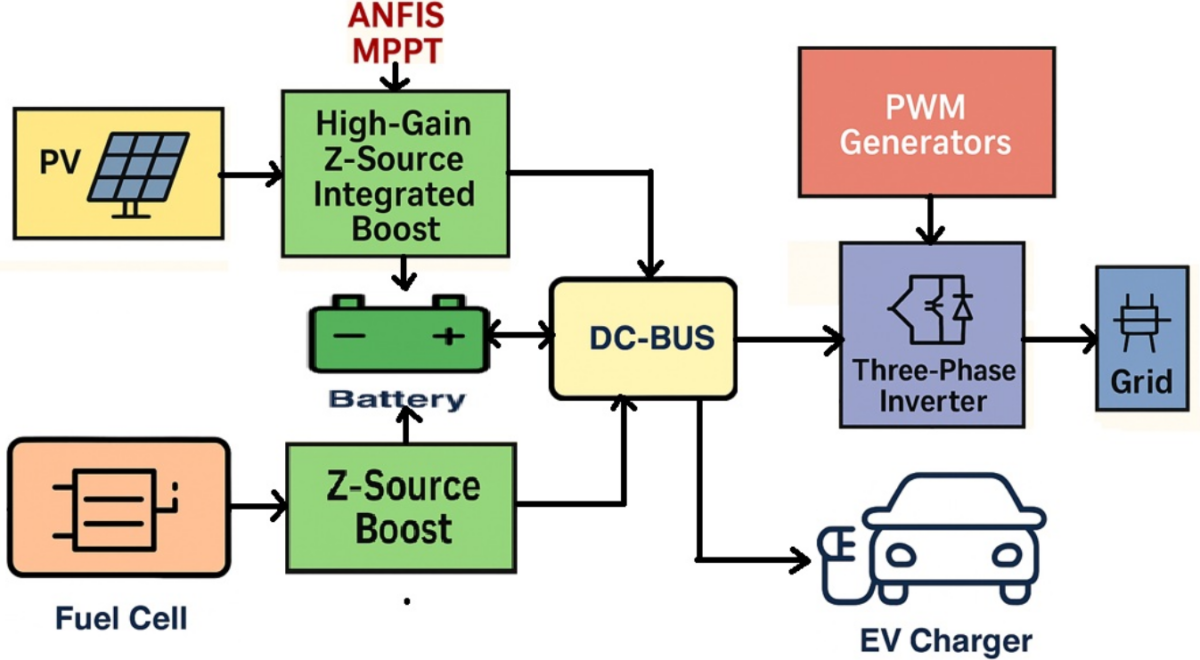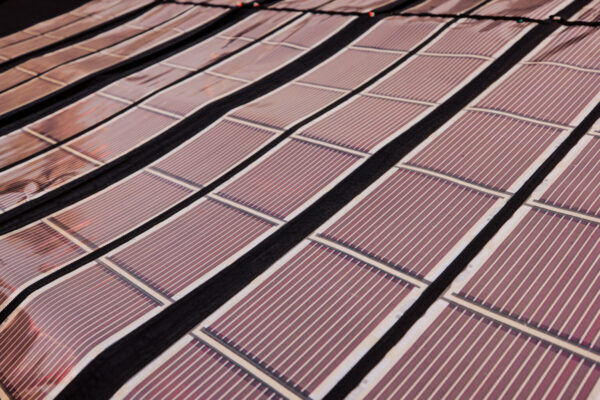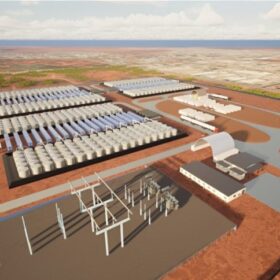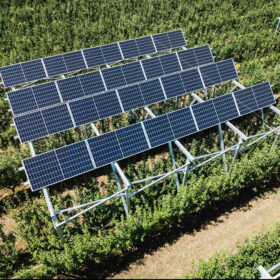From pv Global
A research team led by scientists from India has developed a novel “smart” electric vehicle (EV) system that uses PV panels, a proton-exchange membrane (PEM) fuel cell, battery storage, and a supercapacitor.
At the core of the system lies a Z-source integrated boost converter with an adaptive neuro-fuzzy inference system (ANFIS)-based maximum power point tracking (MPPT) algorithm.
“Unlike conventional PV-only or hybrid systems, this approach combines intelligent control with multi-source energy management to ensure efficient, stable, and reliable power delivery for smart EV charging applications,” corresponding author Suresh Vendoti told pv magazine.
“In our future work, we will expand the concept to renewable-energy-based DC microgrids with vehicle-to-grid (V2G) capability, enabling smarter integration of EVs into the energy ecosystem.”
The system was simulated using MATLAB/Simulink 2021a. It included two 50 kW fast-charging units, a PV system with peak power of 186 kW, a lead-acid battery (BAT), and a hydrogen-based energy storage system (ESS).
The hydrogen ESS includes a 176 kVA hydrogen production system, six 66 kW fuel cell (FC) modules, and a 450 kg hydrogen tank.
The system
The system is integrated using Z-source converters (ZSCs), where an impedance network connects the PV system, BAT, and the grid. The design of the ZSC includes two synchronously controlled switches, an input diode, an output diode, and a capacitor, and operates either in continuous conduction mode (CCM) or discontinuous conduction mode (DCM).
“An ANFIS-based MPPT method is proposed to optimise solar panel output under varying weather conditions. It uses PV voltage, current, and temperature as input variables, with the duty cycle as the output to control a DC-DC switched boost Landsman converter for maximum power tracking,” explained the academics.
“With sufficient training epochs, ANFIS optimises MPPT performance by refining fuzzy rules and minimising errors, making it ready for real-time control applications.”
That system was verified with a lab-scale prototype, using FC with an output voltage of 100 V and an output current of 30-40 A; a DC-DC convertor with an output voltage of 1,000-1,100 V and an output current of 30 A; and a battery with 120 V of voltage.
The error between the simulation and the prototype ranged between 0.8% and 3%, depending on the parameter.
Performance
“Simulation results demonstrate effective voltage boosting from 110 V to 150 V and a regulated output of approximately 1100 V at 30 A, with the PV-side current stabilised at 500 A. The fuel cell maintains a steady output of 110 V while its current decreases from 40 A to 25 A, and the battery retains a 60% state-of-charge (SOC) at 120 V output,” the results showed.
“The hardware prototype, developed using a DSPIC30F4011 microcontroller, achieves an MPPT efficiency of 98.7%, voltage regulation within ± 1.5%, and output power deviation under 2%. Grid voltage and current waveforms exhibit low total harmonic distortion (THD), in compliance with IEEE 519 standards, with measured values of 500 V and 13 A, respectively.”
Concluding, Vendoti said, “the most striking result was the significant improvement in tracking efficiency and dynamic performance of the ANFIS-based MPPT under fluctuating solar irradiance compared to conventional MPPT algorithms.”
“Additionally, the hybrid configuration proved capable of maintaining grid stability and uninterrupted EV charging, even under variable renewable generation and load demand, which exceeded initial expectations,” Vendoti said.
The details of the system can be found in “Grid tied hybrid PV fuel cell system with energy storage and ANFIS based MPPT for smart EV charging,” published in Scientific Reports.
Researchers from India’s Godavari Global University, St. Ann’s College of Engineering and Technology, GMR Institute of Technology, New Horizon College of Engineering, MLR Institute of Technology, Thailand’s Shinawatra University, Saudi Arabia’s Taif University, and Ethiopia’s Wollo University participated in the study.
This content is protected by copyright and may not be reused. If you want to cooperate with us and would like to reuse some of our content, please contact: editors@pv-magazine.com.








By submitting this form you agree to pv magazine using your data for the purposes of publishing your comment.
Your personal data will only be disclosed or otherwise transmitted to third parties for the purposes of spam filtering or if this is necessary for technical maintenance of the website. Any other transfer to third parties will not take place unless this is justified on the basis of applicable data protection regulations or if pv magazine is legally obliged to do so.
You may revoke this consent at any time with effect for the future, in which case your personal data will be deleted immediately. Otherwise, your data will be deleted if pv magazine has processed your request or the purpose of data storage is fulfilled.
Further information on data privacy can be found in our Data Protection Policy.